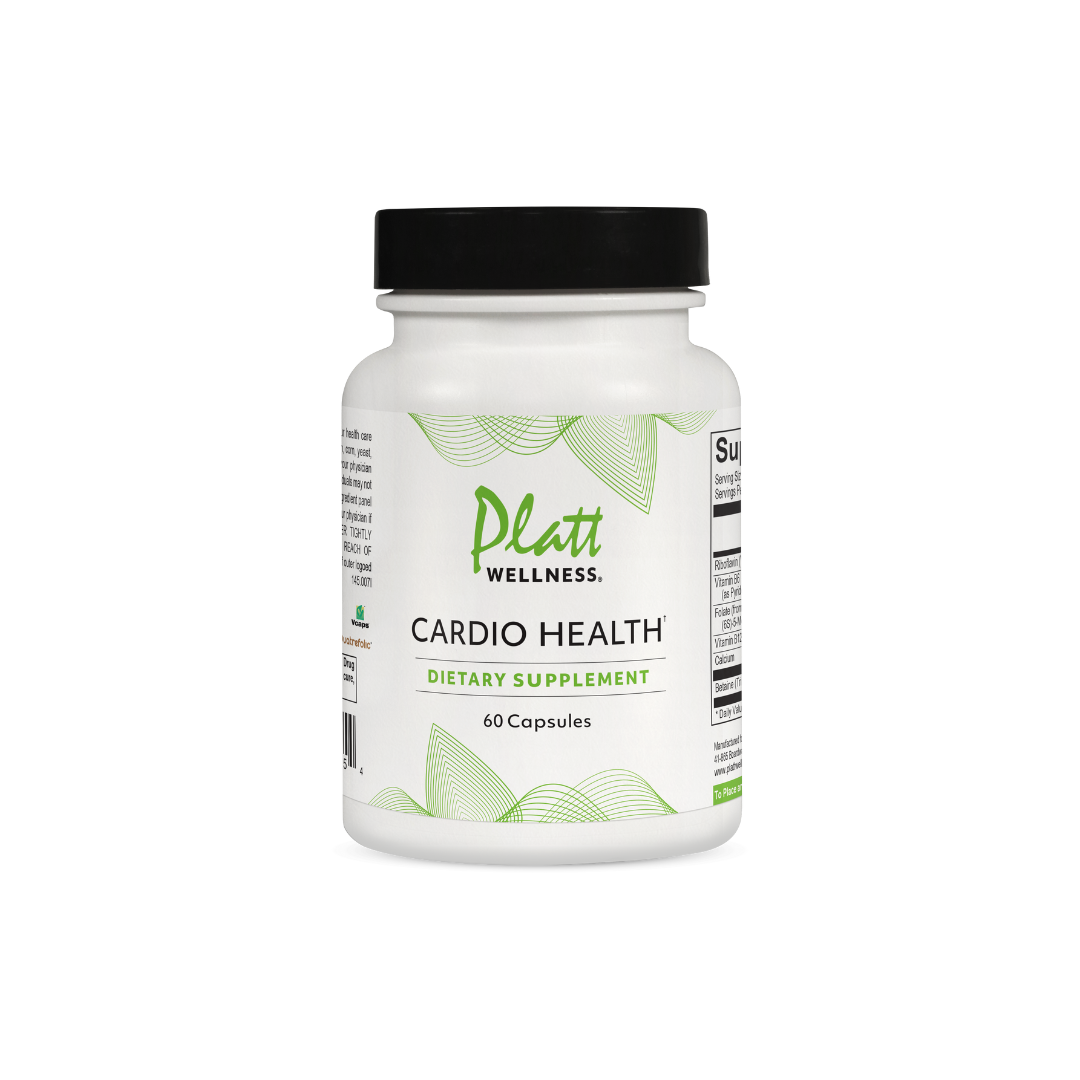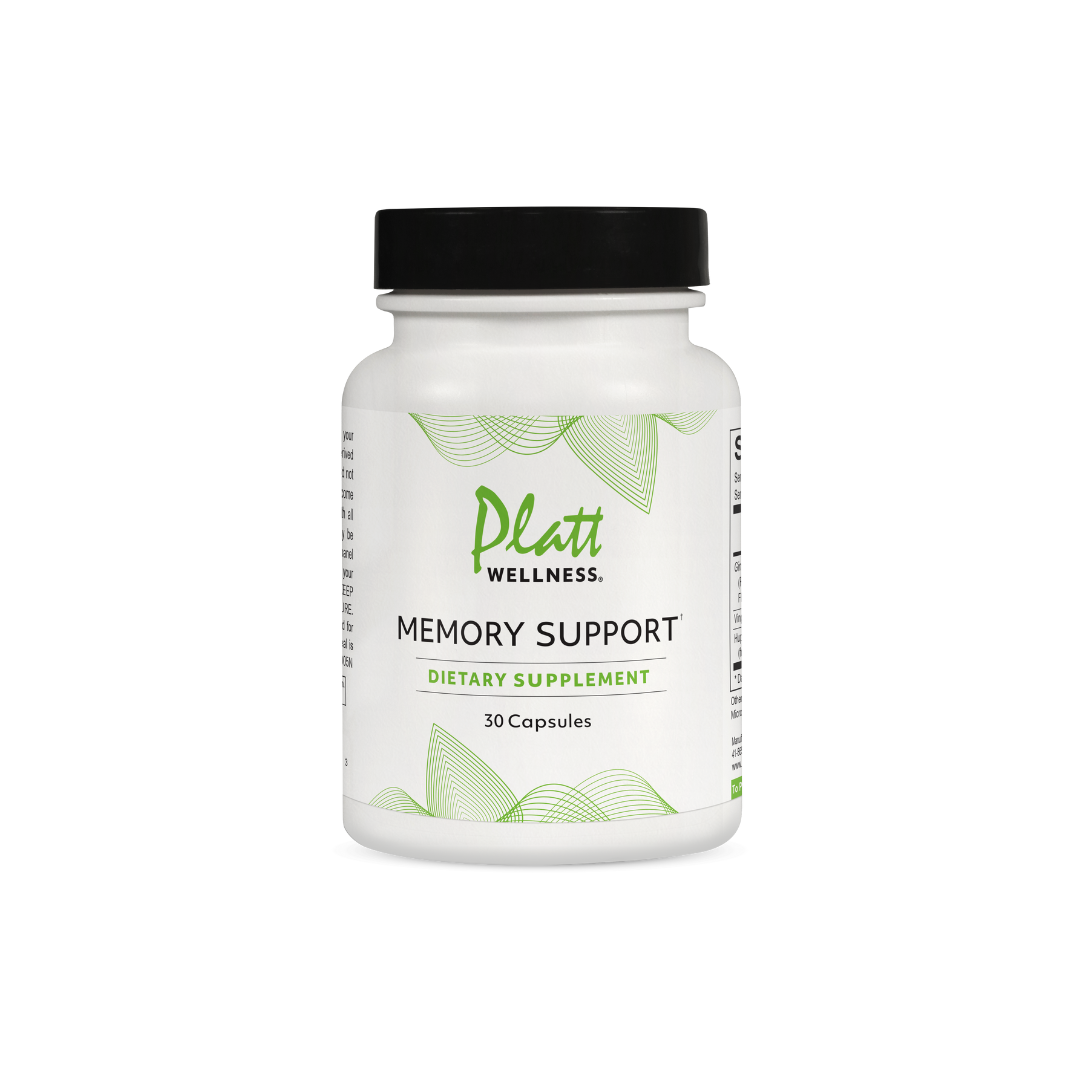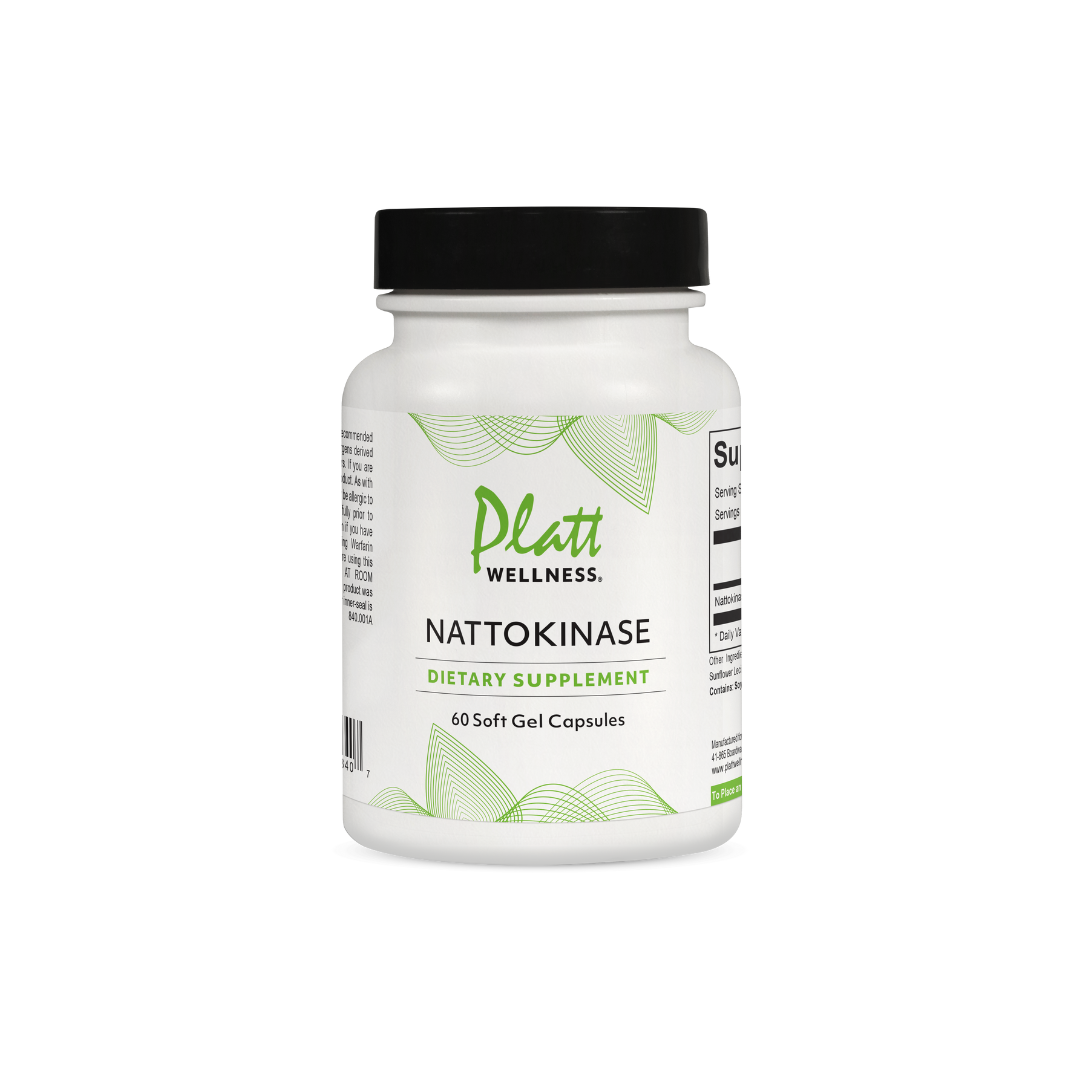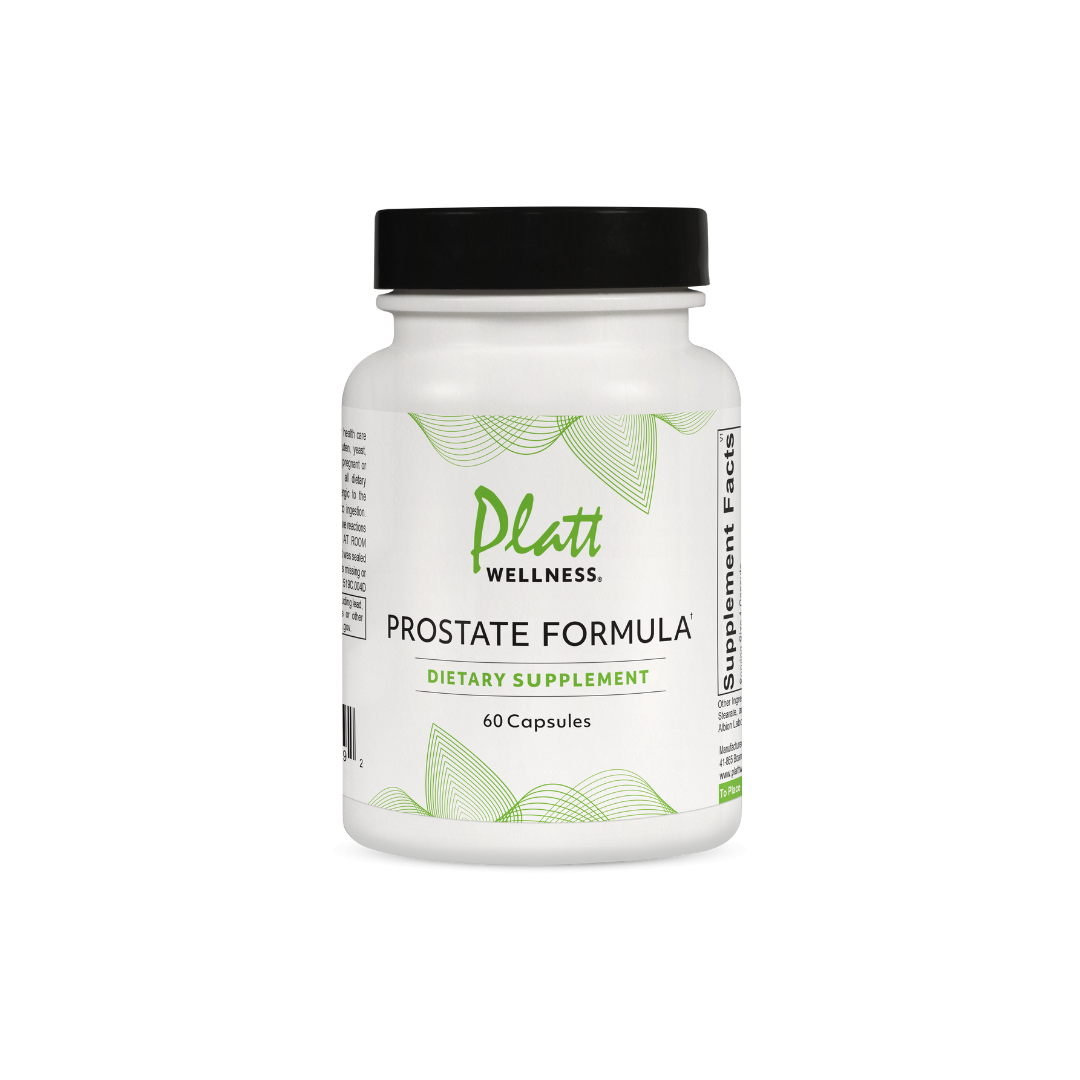Pregnancy is a miraculous journey, but it can also be a time of great concern and many questions. Among the many hormones orchestrating this incredible process, progesterone stands out as a critical player for the health of both the mother and the developing baby. Often referred to as the "pregnancy hormone," its importance extends far beyond what was once commonly understood.
For decades, the role of progesterone in supporting a healthy pregnancy has been studied, with significant work done from the 1950s through the 1980s. More recently, a comprehensive study conducted at the Pope Paul VI Institute from 1980 to 2001, utilizing modern assessment methods, has further illuminated its profound impact. This extensive research involved 610 patients, 830 pregnancies, and a remarkable 8,545 progesterone levels, providing deep insights into its role in normal pregnancy and in various complications.
Progesterone's Essential Roles in the Uterus
Progesterone, often working alongside estradiol, performs several indispensable functions within the uterus that are vital for sustaining a pregnancy:
- Stimulates Uterine Growth: It helps the uterus grow and expand to accommodate the developing baby.
- Prepares the Endometrium: Progesterone causes the lining of the uterus (endometrium) to "mature" or differentiate into a secretory type, which is crucial for a healthy environment.
- Aids Implantation: It stimulates the decidualization of the endometrium, a necessary step for successful implantation of the embryo.
-
Inhibits Contractions: Importantly, progesterone helps to inhibit myometrial contractions, which can be key in preventing early labor.
Early research recognized its importance in the first seven weeks of pregnancy, particularly for patients with luteal phase deficiency, where insufficient progesterone production can lead to pregnancy loss.
When Hormones Trigger Morning Sickness & Hyperemesis Gravidarum
Up to 80% of pregnant people experience some nausea and vomiting in early pregnancy (morning sickness), but for about 0.3–3%, this evolves into the overwhelming—and potentially dangerous—condition known as hyperemesis gravidarum (HG). HG involves severe dehydration, weight loss exceeding 5%, and often requires hospital care.
What causes it? Hormonal changes are key players:
-
Unopposed estrogen—when early progesterone is insufficient—can ignite nausea.
-
Dramatic rises in hCG and estrogen are linked to nausea spikes.
-
Elevated progesterone can relax GI smooth muscle, slowing digestion, causing reflux and contributing to nausea.
-
Broader digestive rhythms are disrupted in some individuals—studies note gastric slow-wave dysrhythmias associated with progesterone and estrogen shifts. Frontiers
Dr. Platt notes that many women suffering from HG are progesterone-deficient or experience heightened adrenaline states, compounding nausea and appetite suppression early in pregnancy. Platt Wellness
Beyond the First Trimester: A Broader Impact
While its role in early pregnancy is well-established, newer insights suggest progesterone's significance extends throughout the second and third trimesters, indicating its potential as a marker for placental function. The Pope Paul VI Institute's study observed decreased progesterone levels in various second and third-trimester complications, including abnormal placentae, threatened prematurity, and fetal distress. This expands on previous observations that low progesterone levels are associated with conditions like intrauterine death, premature labor, threatened premature labor, and premature rupture of membranes. This suggests that progesterone levels can offer a crucial indication of overall placental health throughout gestation.
Administering progesterone later in pregnancy has also been considered justified due to its observed decline with the onset of labor, its association with decreased concentrations in premature labor, and its "tocolytic" (contraction-reducing) effect. This has been further supported by studies showing a significant reduction in preterm delivery rates with prophylactic administration of progesterone.
Is Progesterone Supplementation Safe?
For those considering progesterone support during pregnancy, safety is naturally a primary concern. The good news is that extensive research strongly supports its safety.
The Pope Paul VI Institute conducted the largest single study of its kind, reviewing outcomes from 933 pregnant patients who received progesterone. The findings were incredibly reassuring:
- The incidence of fetal abnormalities was actually lower in the group receiving progesterone compared to those who did not.
- There is no credible evidence to suggest that naturally-occurring progesterone used to support pregnancy is teratogenic (causes birth defects) or responsible for any genital malformations.
-
In fact, over 2,000 pregnancies reviewed or reported with progesterone support showed no increase in birth defects or genital anomalies.
Progesterone support in pregnancy can be considered completely safe!
The Pope Paul VI Institute has over 25 years of experience utilizing progesterone support, with protocols involving regular monitoring of serum progesterone levels to guide supplementation. Real-world examples from their practice show that with progesterone supplementation, even patients with complicated histories or suboptimal progesterone profiles throughout pregnancy delivered healthy infants.
In conclusion, progesterone is far more than just an early pregnancy hormone; it's a fundamental component of a healthy gestation, supporting uterine function, aiding implantation, preventing contractions, and potentially reflecting placental health throughout all trimesters. Its proven safety makes it a vital tool in supporting successful pregnancies.
Please consult your fertility specialist for treatment and dosing.
Study:
https://naprotechnology.com/progesterone/
Disclaimer:
These statements have not been evaluated by the FDA. These products are not intended to diagnose, treat, cure, or prevent disease or medical conditions. The products and information found on plattwellness.com are not intended to replace professional medical advice or treatment. Individual results may vary.








